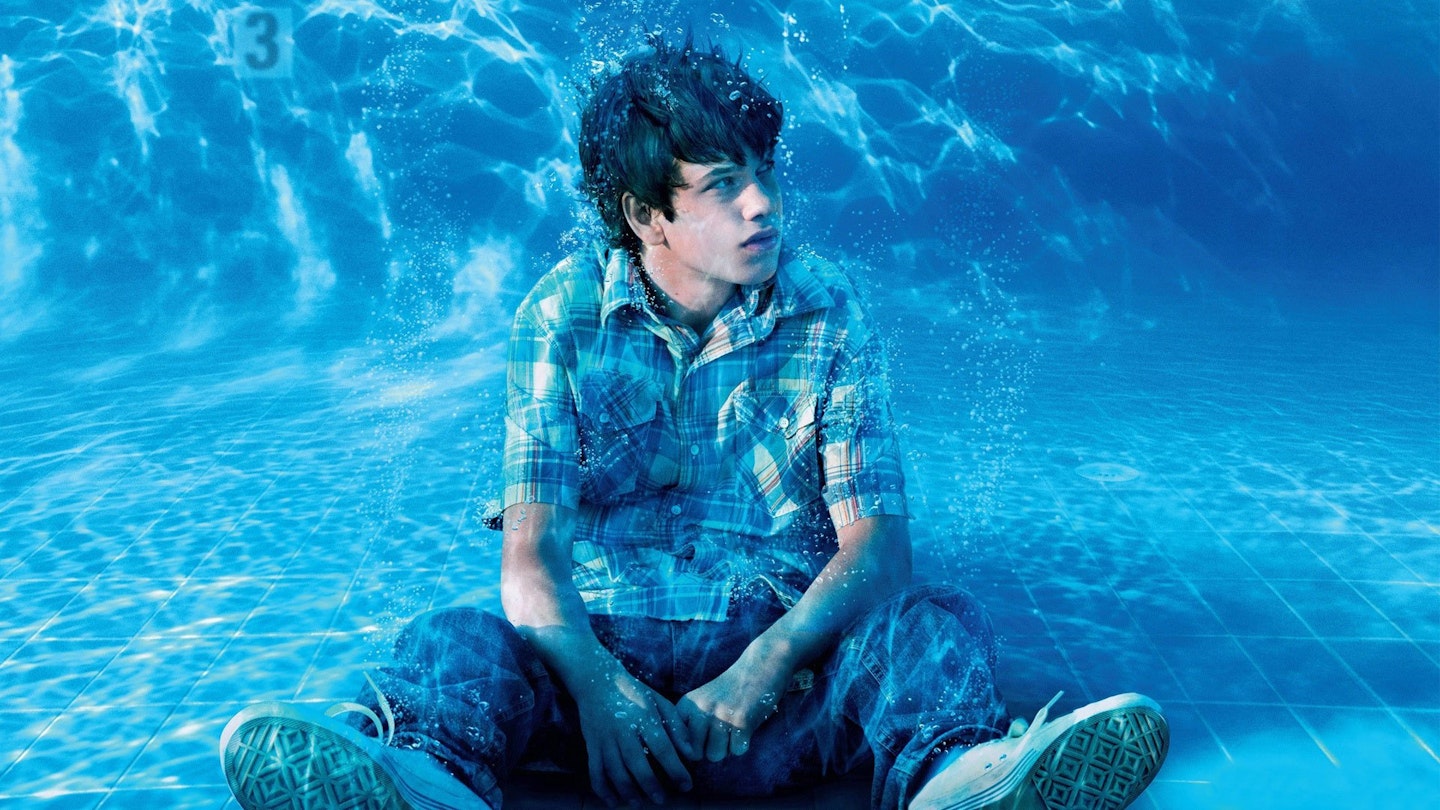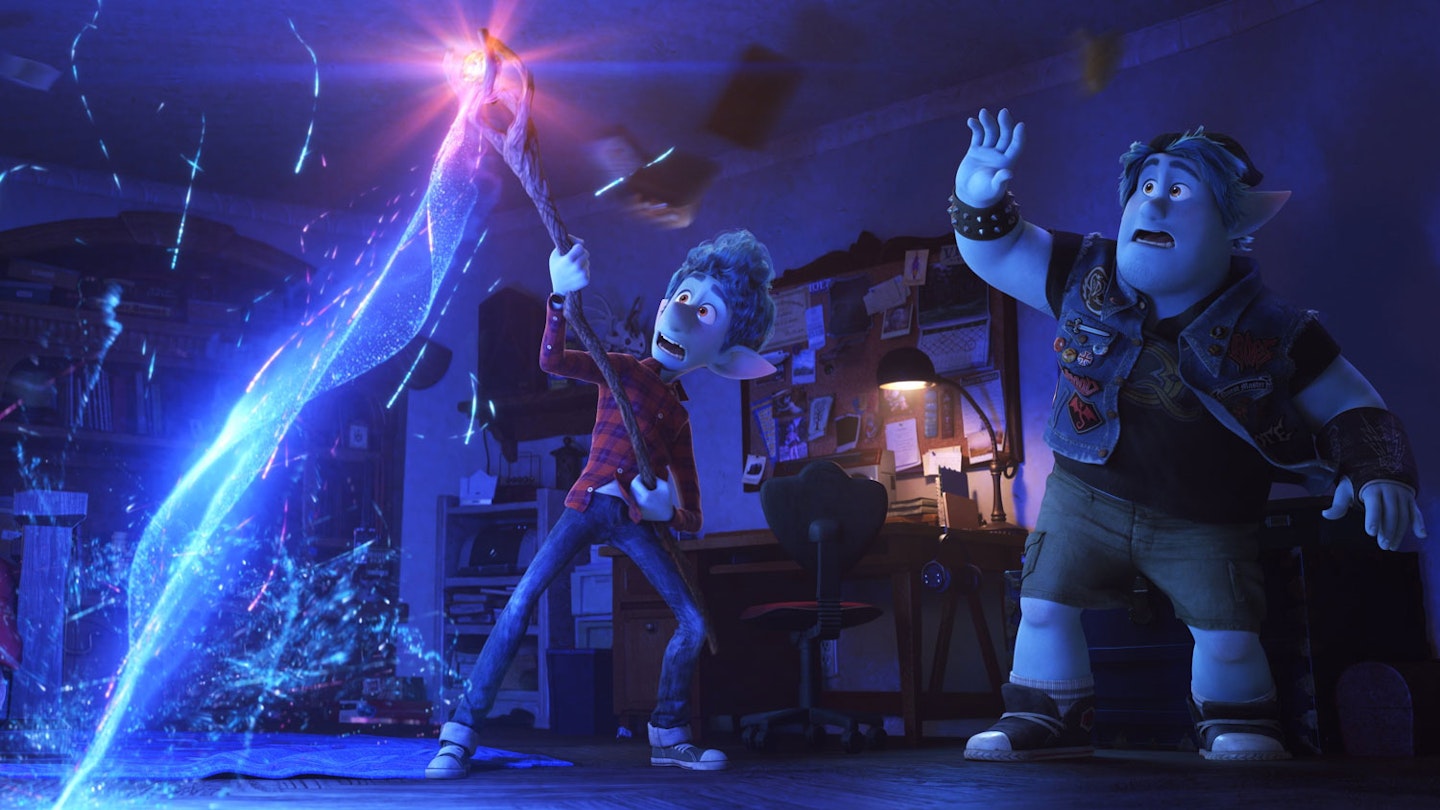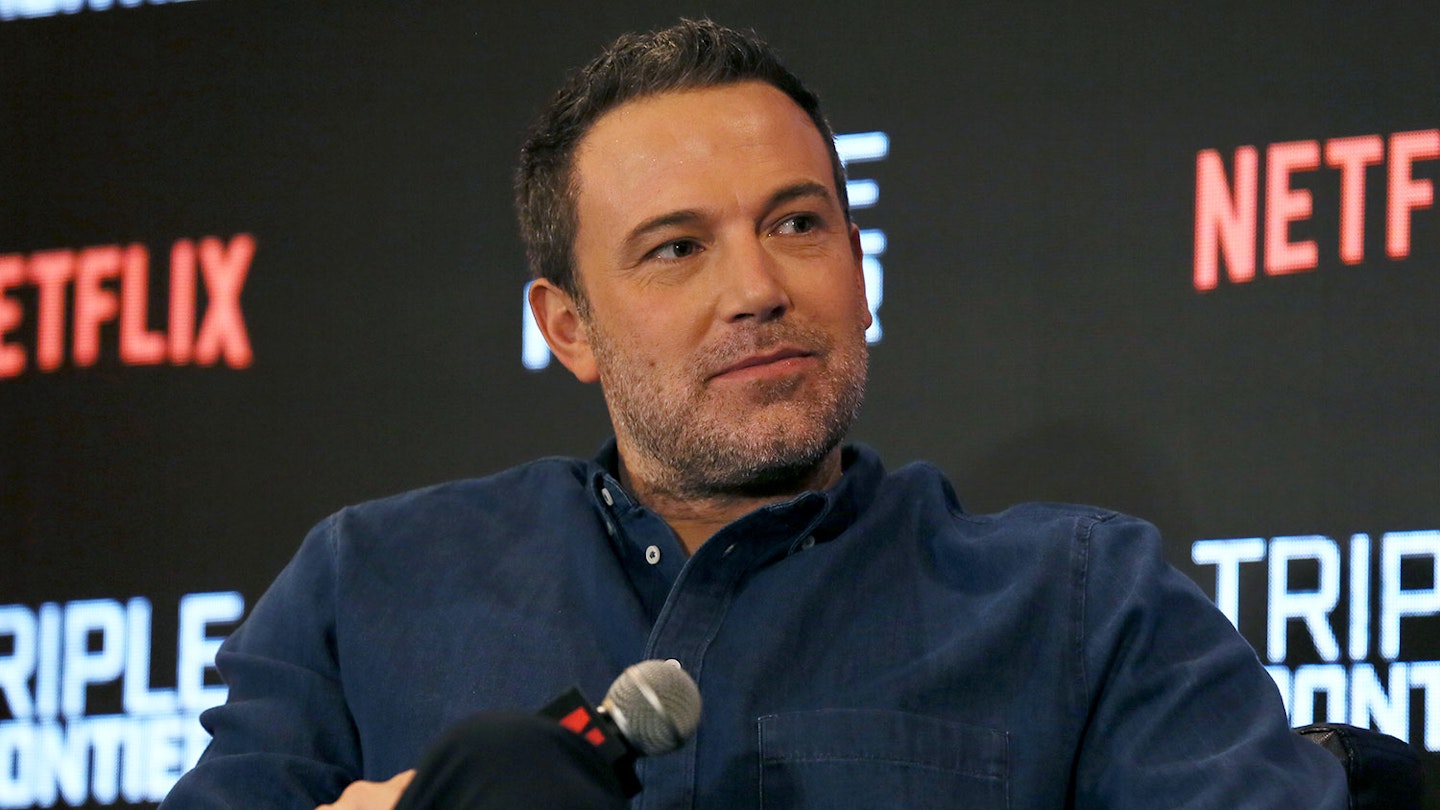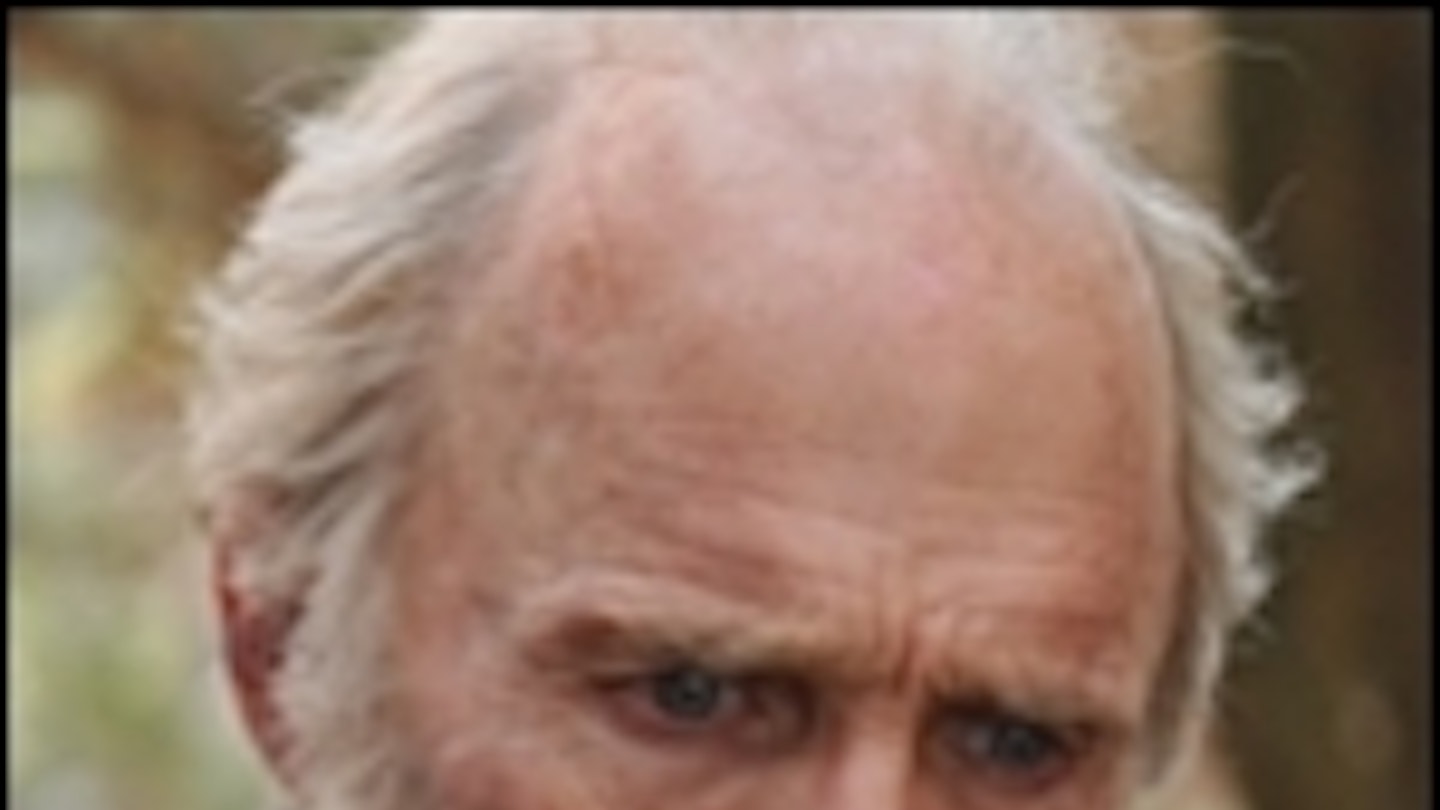In 1956, Slavomir Rawicz published The Long Walk: The True Story Of A Trek To Freedom, a gripping account of his daring escape from a Russian gulag, and his subsequent journey across Siberia, Mongolia, the Himalayas, and finally to India, where he joined the British army to fight Hitler and Stalin. Originally optioned by actor Laurence Harvey, it was later considered as a vehicle for Burt Lancaster, and remained in development hell until director Peter Weir chose it as the follow-up to 2003’s Master And Commander: The Far Side Of The World. Weir, a six-time Academy Award nominee whose résumé includes Witness, Dead Poets Society, The Truman Show and Fearless, saw the book as the basis for an extraordinary story of human endeavour and triumph over unimaginable odds — even after a BBC documentary appeared to prove that Rawicz had Made The Whole Thing Up, having been released from prison in 1942 as part of the Russian amnesty for Polish prisoners.
Whether the story is true or not, it makes for a compelling narrative, with convincing turns from Ed Harris, as a grizzled American emigré caught up in Stalin’s Reign Of Terror; Colin Farrell, as fatalistic Russian thief Valka; and Jim Sturgess, an engaging presence as Janusz, Polish instigator of the breakout and the escapees’ de facto leader. The desperate conditions they face on their long walk across the Siberian plains are nothing compared to the heat and torment of the Gobi Desert, and as the men trek towards either freedom or doom, they reflect on their lives and the circumstances which brought them to their awful fate.
It’s an entertaining journey, set against the sort of stunning vistas one would expect from a National Geographic-backed feature film. Yet despite the terrible hardships the men endure, the tale unfolds at an emotional distance which prevents one from being fully engaged with their plight. If you see one tale of courage and survival this month, it should probably be the slightly more static 127 Hours.




